Highlights of the 2024 survey of partners benefiting from COLEAD programmes
- 20/12/2024
- Posted by: Sandra Borma
- Category: News
No Comments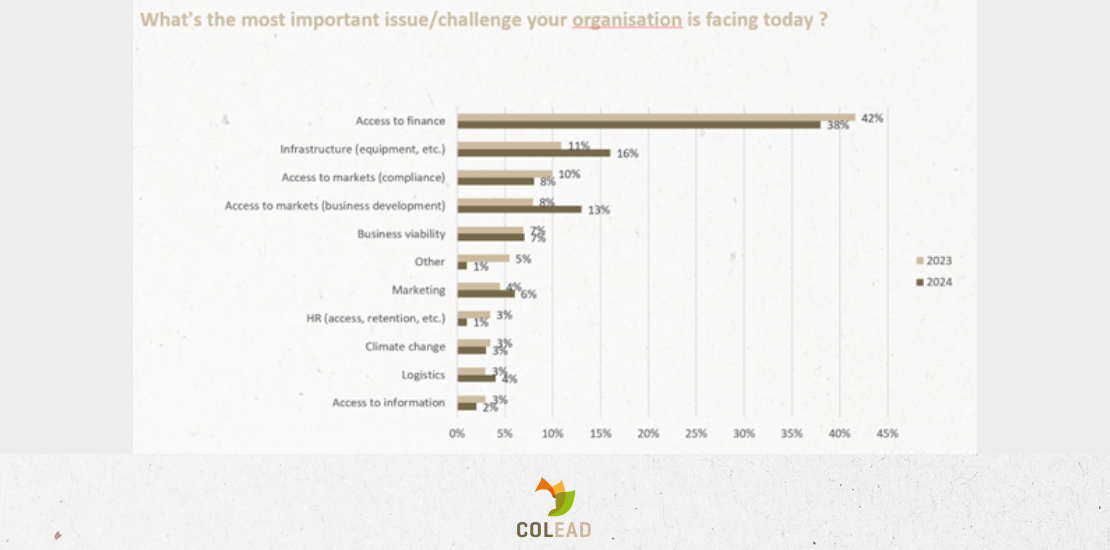 Respondents scored 8.21 out of 10 on their likelihood to recommend COLEAD to fellow professionals. At COLEAD, we value the insights and feedback of our partner-beneficiaries (PBs) i.e. partners who have benefited from a programme implemented by the organization, to refine our practices and enhance the impact of our support. Our annual Pulse Survey, conducted each summer, continues to serve as a cornerstone for assessing our performance and aligning our efforts with the evolving needs of our stakeholders. Here are… +
Respondents scored 8.21 out of 10 on their likelihood to recommend COLEAD to fellow professionals. At COLEAD, we value the insights and feedback of our partner-beneficiaries (PBs) i.e. partners who have benefited from a programme implemented by the organization, to refine our practices and enhance the impact of our support. Our annual Pulse Survey, conducted each summer, continues to serve as a cornerstone for assessing our performance and aligning our efforts with the evolving needs of our stakeholders. Here are… +IFOAM Survey on Pesticide Residues
- 03/08/2021
- Posted by: Gaetan Dermien
- Category: Africa, Caribbean, News, Pacific
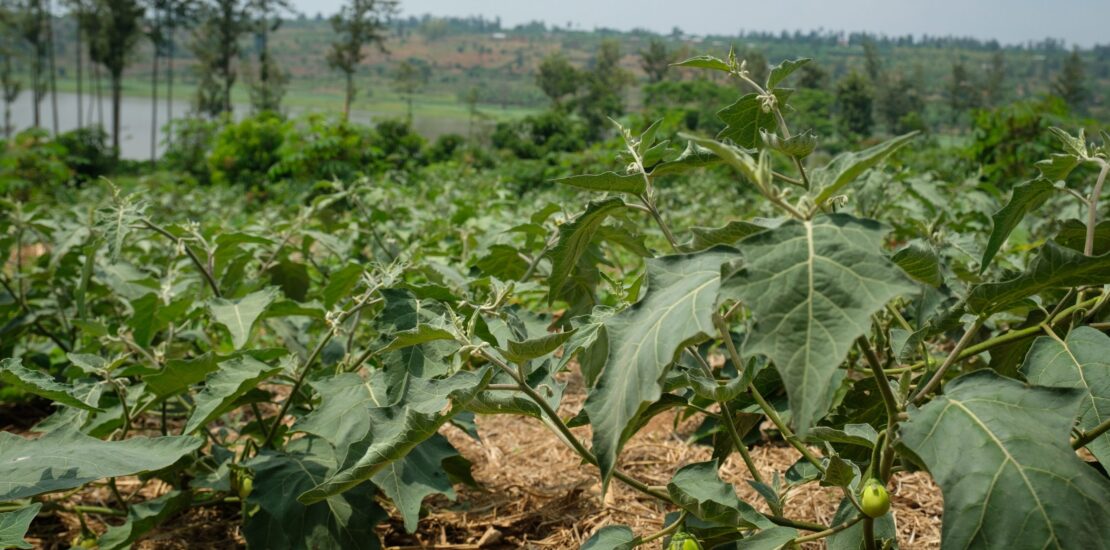 Dear Partners COLEACP is contacting you with details and links to a survey on pesticide residues in organic products that is being conducted by IFOAM Organic Europe and FiBL. Their work addresses an issue that, as you know, creates serious challenges for the organic sector. The results will benefit the sector as a whole and we strongly urge you to take part. Background IFOAM Organic Europe and FiBL are currently working on the project: ‘Developing Organic: Pesticide use and contamination’… +
Dear Partners COLEACP is contacting you with details and links to a survey on pesticide residues in organic products that is being conducted by IFOAM Organic Europe and FiBL. Their work addresses an issue that, as you know, creates serious challenges for the organic sector. The results will benefit the sector as a whole and we strongly urge you to take part. Background IFOAM Organic Europe and FiBL are currently working on the project: ‘Developing Organic: Pesticide use and contamination’… +International Trade Fairs 2021: Expected participation of COLEACP and partners
- 17/12/2020
- Posted by: Gaetan Dermien
- Category: News
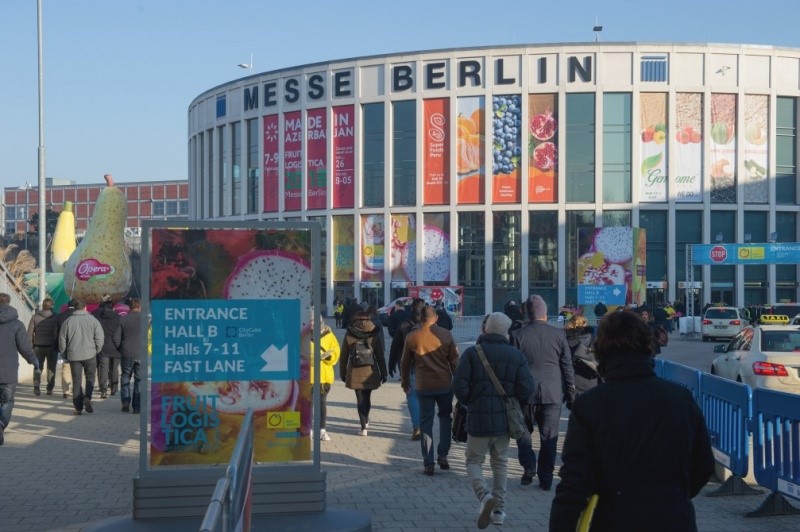 Supporting companies attending international trade fairs in the horticultural sector is one of the activities of COLEACP’s Business Development department. In November and December 2020 we asked COLEACP members and partners to let us know which trade fairs they would like to participate in during 2021, to help us prepare for our future participation in trade fairs and other professional events, in person and virtually. The international trade fairs have adapted to the Covid-19 situation by developing new ways of… +
Supporting companies attending international trade fairs in the horticultural sector is one of the activities of COLEACP’s Business Development department. In November and December 2020 we asked COLEACP members and partners to let us know which trade fairs they would like to participate in during 2021, to help us prepare for our future participation in trade fairs and other professional events, in person and virtually. The international trade fairs have adapted to the Covid-19 situation by developing new ways of… +Group training in Democratic Republic of the Congo (DRC): 2,000 producers reached
- 16/12/2020
- Posted by: Sandra Borma
- Category: Democratic Republic Of The Congo, News
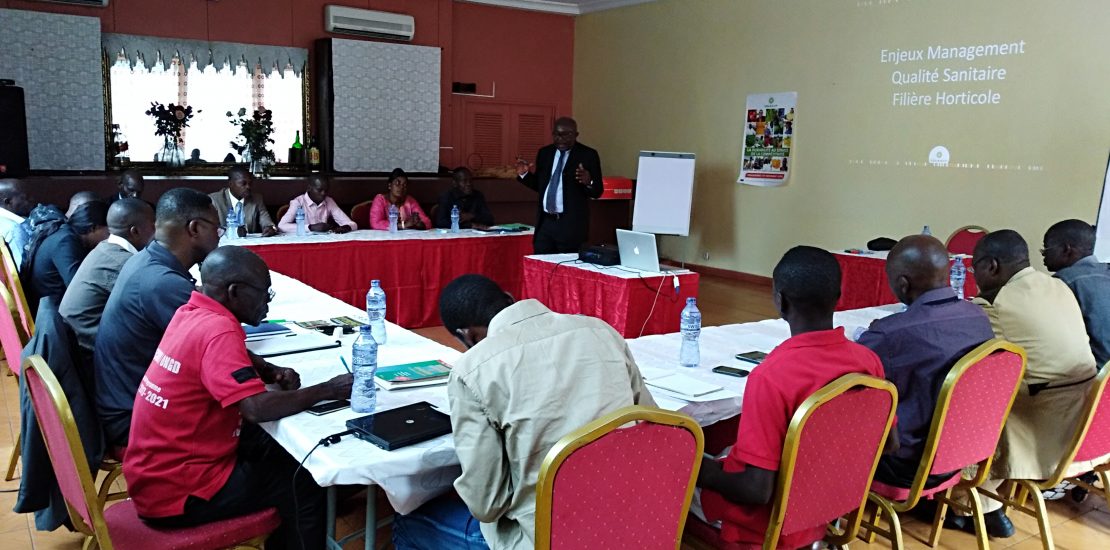 Since 2018, COLEACP has organised several group training courses in the DRC on food safety management, traceability, integrated crop protection and the safe use of pesticides. In order to measure the impact of this capacity building and to identify additional needs, a survey was conducted between July and October 2020 among Congolese organisations that participated in the various training courses. 18 organisations that benefited from this training each went on to organise between 2 and 13 training sessions, reaching a… +
Since 2018, COLEACP has organised several group training courses in the DRC on food safety management, traceability, integrated crop protection and the safe use of pesticides. In order to measure the impact of this capacity building and to identify additional needs, a survey was conducted between July and October 2020 among Congolese organisations that participated in the various training courses. 18 organisations that benefited from this training each went on to organise between 2 and 13 training sessions, reaching a… +Impacts of Covid-19 on horticultural SMEs in Ghana
- 24/09/2020
- Posted by: Sandra Borma
- Category: Ghana, News
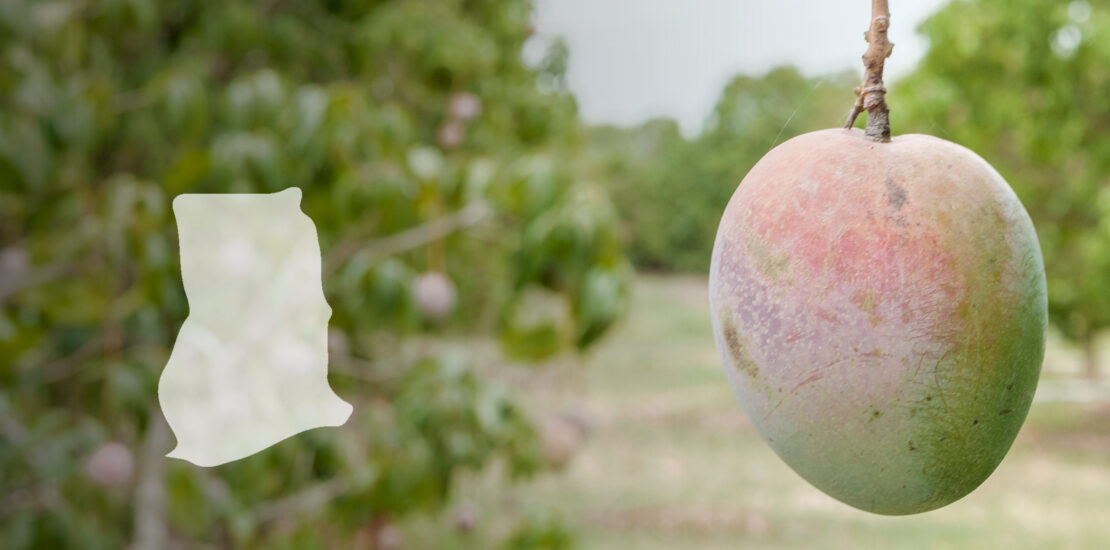 COLEACP’s surveys in the early months of the pandemic aimed to gather first-hand information on the impact of Covid-19 on operators of horticultural businesses, and assess how support from COLEACP and other partners could best be redirected as a response. These were not intended to be systematic surveys – respondents were self-selecting, and the operators taking part varied greatly in size and operation. But the results provide an illuminating qualitative snapshot of the key impacts of Covid-19 to date, and… +
COLEACP’s surveys in the early months of the pandemic aimed to gather first-hand information on the impact of Covid-19 on operators of horticultural businesses, and assess how support from COLEACP and other partners could best be redirected as a response. These were not intended to be systematic surveys – respondents were self-selecting, and the operators taking part varied greatly in size and operation. But the results provide an illuminating qualitative snapshot of the key impacts of Covid-19 to date, and… +Impacts of Covid-19 on Kenyan horticultural SMEs
- 22/09/2020
- Posted by: Sandra Borma
- Category: Kenya, News
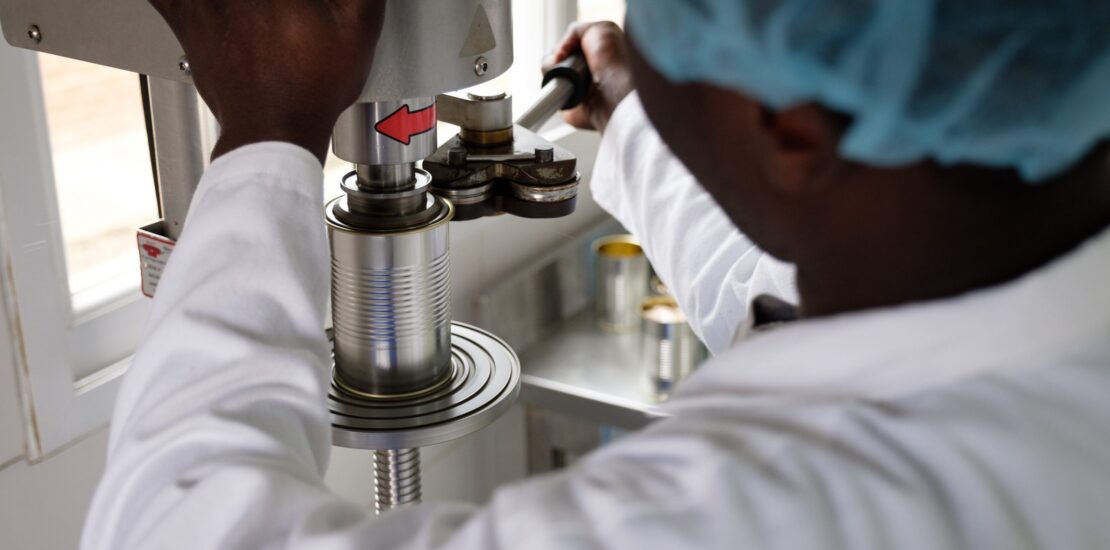 A COLEACP survey on the impacts of Covid-19 on companies’ operations in May shows that despite all the measures taken to cut costs and secure revenues, almost three-quarters of companies responding did not financially break even in May, an increase on 64% that failed to do so in April. Many companies will struggle to survive if this situation persists. This survey, covering May 2020, was carried out among the 65 horticultural companies in Kenya that benefit from COLEACP’s technical assistance… +
A COLEACP survey on the impacts of Covid-19 on companies’ operations in May shows that despite all the measures taken to cut costs and secure revenues, almost three-quarters of companies responding did not financially break even in May, an increase on 64% that failed to do so in April. Many companies will struggle to survive if this situation persists. This survey, covering May 2020, was carried out among the 65 horticultural companies in Kenya that benefit from COLEACP’s technical assistance… +Impacts of Covid-19 on horticultural SMEs in Ethiopia
- 18/09/2020
- Posted by: Sandra Borma
- Category: Ethiopia, News
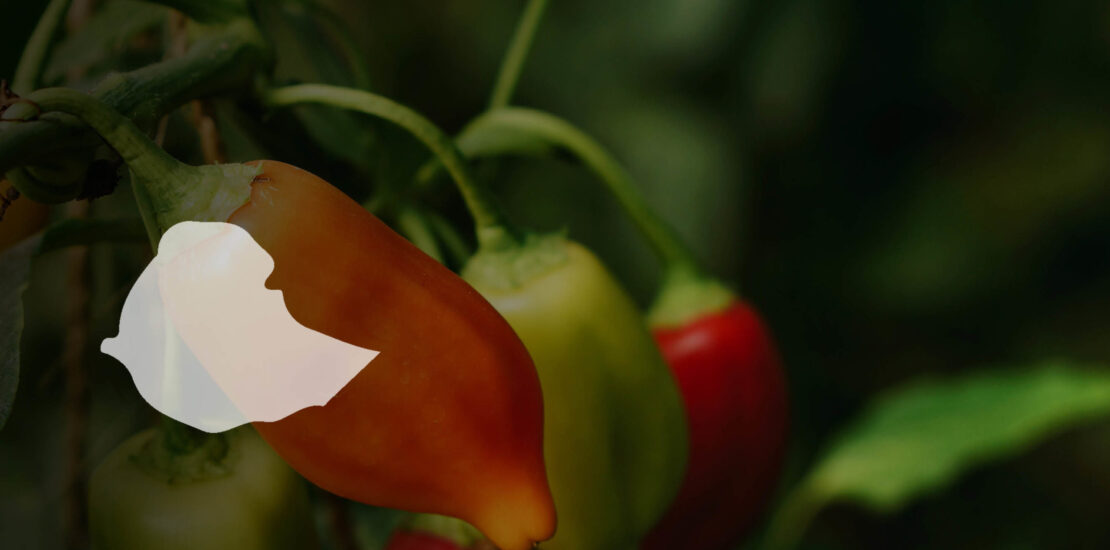 COLEACP’s surveys in the early months of the pandemic aimed to gather first-hand information on the impact of Covid-19 on operators of horticultural businesses, and assess how support from COLEACP and other partners could best be redirected as a response. These were not intended to be systematic surveys – respondents were self-selecting, and the operators taking part varying greatly in size and operation. But the results provide an illuminating qualitative snapshot of the key impacts of Covid-19 to date, and… +
COLEACP’s surveys in the early months of the pandemic aimed to gather first-hand information on the impact of Covid-19 on operators of horticultural businesses, and assess how support from COLEACP and other partners could best be redirected as a response. These were not intended to be systematic surveys – respondents were self-selecting, and the operators taking part varying greatly in size and operation. But the results provide an illuminating qualitative snapshot of the key impacts of Covid-19 to date, and… +Impacts of Covid-19 on Cameroon’s horticultural sector
- 18/09/2020
- Posted by: Gaetan Dermien
- Category: Cameroon, News
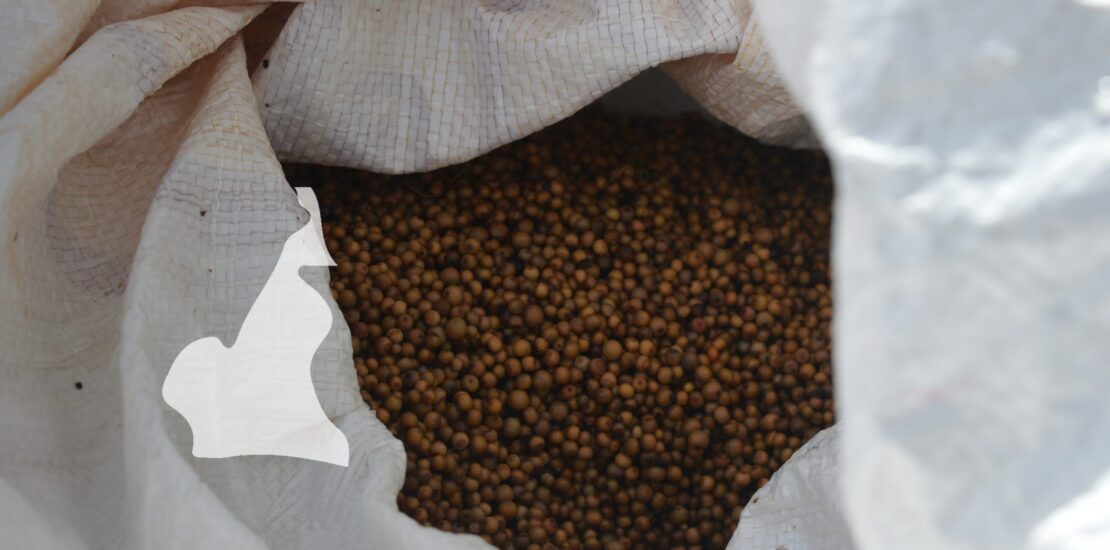 RHORTICAM, in collaboration with COLEACP, carried out a survey of companies and cooperatives in the horticultural sector in Cameroon during May to help assess the impact of the current health and economic crisis and to identify support needs. The ten companies that participated in the survey are mainly active in several production sectors simultaneously, with pineapple being the most frequently mentioned sector. The majority of respondents export to the European market (70%), the remaining 30% being active on the local… +
RHORTICAM, in collaboration with COLEACP, carried out a survey of companies and cooperatives in the horticultural sector in Cameroon during May to help assess the impact of the current health and economic crisis and to identify support needs. The ten companies that participated in the survey are mainly active in several production sectors simultaneously, with pineapple being the most frequently mentioned sector. The majority of respondents export to the European market (70%), the remaining 30% being active on the local… +Impacts of Covid-19 on the horticultural sector in Rwanda
- 18/09/2020
- Posted by: Sandra Borma
- Category: News, Rwanda
 COLEACP’s surveys in the early months of the pandemic aimed to gather first-hand information on the impact of Covid-19 on operators of horticultural businesses, and assess how support from COLEACP and other partners could best be redirected as a response. These were not intended to be systematic surveys – respondents were self-selecting, and the operators taking part varying greatly in size and operation. But the results provide an illuminating qualitative snapshot of the key impacts of Covid-19 to date, and… +
COLEACP’s surveys in the early months of the pandemic aimed to gather first-hand information on the impact of Covid-19 on operators of horticultural businesses, and assess how support from COLEACP and other partners could best be redirected as a response. These were not intended to be systematic surveys – respondents were self-selecting, and the operators taking part varying greatly in size and operation. But the results provide an illuminating qualitative snapshot of the key impacts of Covid-19 to date, and… +Impacts of Covid-19 on the horticultural sector in Sierra Leone
- 18/09/2020
- Posted by: Sandra Borma
- Category: News, Sierra Leone
 COLEACP’s surveys in the early months of the pandemic aimed to gather first-hand information on the impact of Covid-19 on operators of horticultural businesses, and assess how support from COLEACP and other partners could best be redirected as a response. These were not intended to be systematic surveys – respondents were self-selecting, and the operators taking part varying greatly in size and operation. But the results provide an illuminating qualitative snapshot of the key impacts of Covid-19 to date, and… +
COLEACP’s surveys in the early months of the pandemic aimed to gather first-hand information on the impact of Covid-19 on operators of horticultural businesses, and assess how support from COLEACP and other partners could best be redirected as a response. These were not intended to be systematic surveys – respondents were self-selecting, and the operators taking part varying greatly in size and operation. But the results provide an illuminating qualitative snapshot of the key impacts of Covid-19 to date, and… +
